A month or so ago I berthed alongside one of the movers and shakers of the pre-Coalition education world. We lamented the present and made helpful suggestions for the future. Unfortunately, none of the recent Secretaries of State for Education were within earshot, but the retro-Scandi décor very much appreciated our wisdom, I felt. At one point he asked ‘Do your teachers call each other Sir and Miss’? I knew what he was driving at.
We weren’t talking about the semi-formal way a pair of teachers might refer to one another while talking to children – as in ‘Sir told you not to reproduce the Rokeby Venus on the corridor wall, didn’t he?’ to which Sir might respond, in serious tones, ‘Indeed I did, Miss, and I checked he understood that Spanish Golden Age is next term, not this.’ I’m talking about conversations without children, but where the child-facing persona seeps into ordinary professional conversations. ‘Did you bring the year 11 predictions, Ms, and what are you going to do about them?’ ‘I did, Sir, and have many innovative plans’.
It's quicker than names, of course. School life is brisk and I can see that Mr Fotherington-Thomas talking to Ms Potter-Pirbright might take up more time than anyone has left, but they could be Clive and Gert behind closed doors without frightening the horses. What my interlocutor sought was further evidence of the creeping infantilisation of teachers. He had a hunch that leaders insist on teachers calling each other Sir and Miss as part of a focus on ‘professionalism’ which is anything but.
I wrote a piece for the trade press last week in which I discussed this in a slightly less abstruse way. I won’t rehearse it here, but it was about government support for a particular brand of online learning, whether that meant that online learning was being proposed as a solution to the crippling national teacher shortage, and whether that meant that teachers as a species of skilled scholars with a deep intellectual hinterland is further endangered. Will cheap and easy solutions lead to cheapened education planning? Autumn statement notwithstanding, the answer mustn’t be yes.
Anyway, as the gods of Blackheath Hill decreed that my driving needed attention, I found myself on a Speed Awareness Course. I must say that it was excellent, especially when the facilitator led the ten of us to a point of action-planning our new lives as safer drivers. He didn’t quite call it that, but he forced (enabled) us to tackle our habits thuswise:
- This is the problem…..
- It might be caused by….
- I could fix it by…..
- Why might that not work?.....
- To help my plan I will…..
Isn’t that fabulously clear? Google offers me a 46-page guide to action planning that the NHS uses, even my own goes on a bit, but any decent plan covers the same ground. So, if we apply this to the matter in hand:
- The problem is that we don’t have enough teachers
- This might be caused by low salaries compared to other postgraduate professionals and an unreasonable expectation to solve all the nation’s ills all day every day
- We could fix it by funding education better so that we train teachers properly and give Clive and Gertie time to think and refresh their training, as professionals do
- Why might that not work? Because we hold children in little value in the UK. We refuse to fund the education system properly so everything we do, we do cheaply. This treats Sir and Miss like children or expendable units, so they leave.
- To help the plan we should fund the education system in a way that treats teachers as part of the solution rather than the problem, attracts and retains high-quality teachers, supports and develops our young people and builds up the nation’s life. My shaker and I don’t think this is unreasonable.
I note as I finish that, according to the BBC, J Hunt has pledged £2.3bn, for education. I’m not sure that’s a big number and I don’t know how much of it has already been announced or promised. More on this next time.
Hunt’s done whatever he’s done as part of a government running a country in what Gramsci called a state of catastrophic equilibrium, where everything is simultaneously failing and stable, where things can’t carry on but nevertheless must, year after year. That’s where we are in schools. He needs to have done enough to tip the balance back towards equilibrium from collapse, but it needs more than that to educate a people, to save the future.
CR
17.11.22

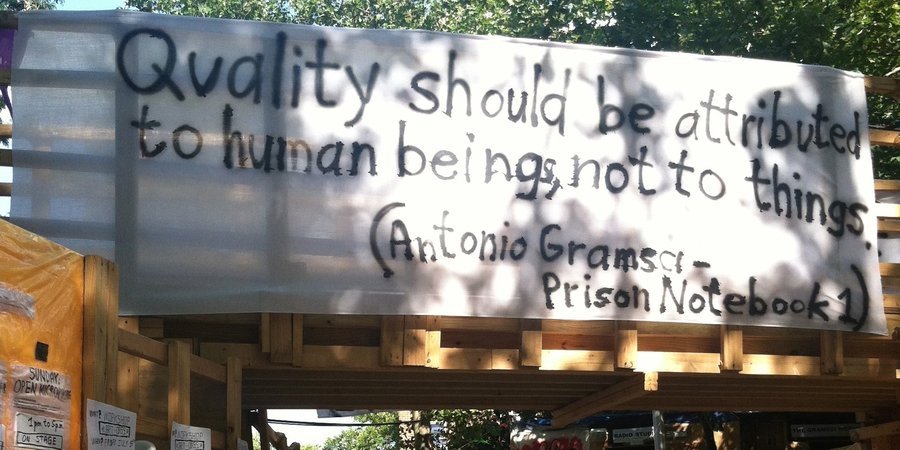

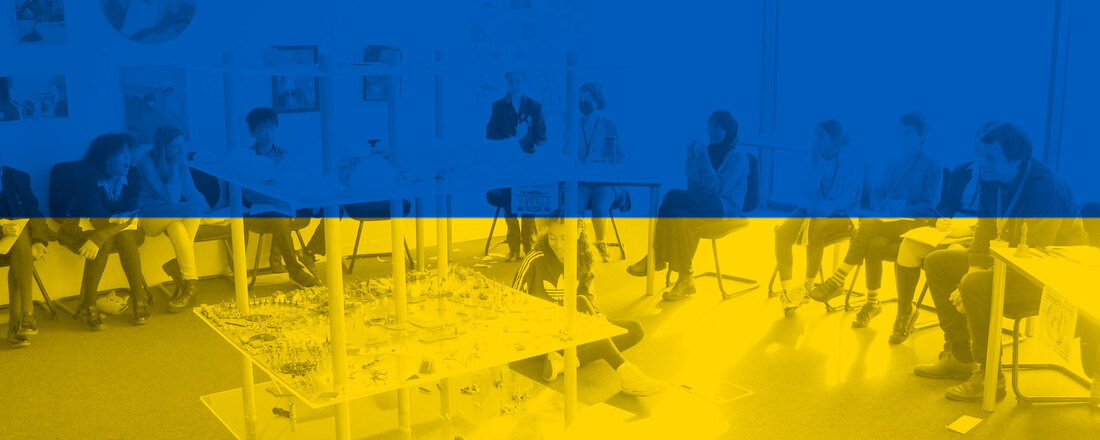
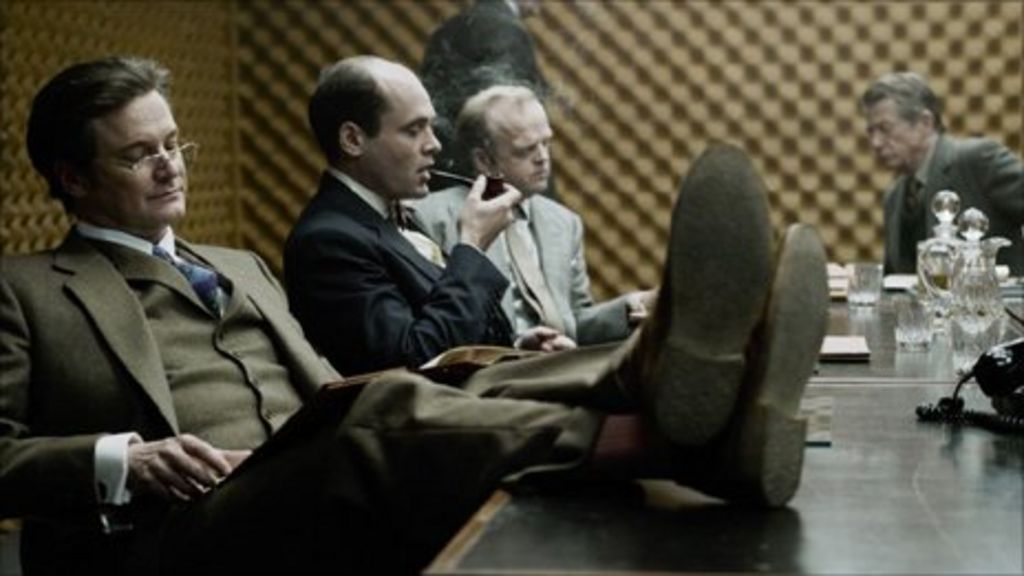
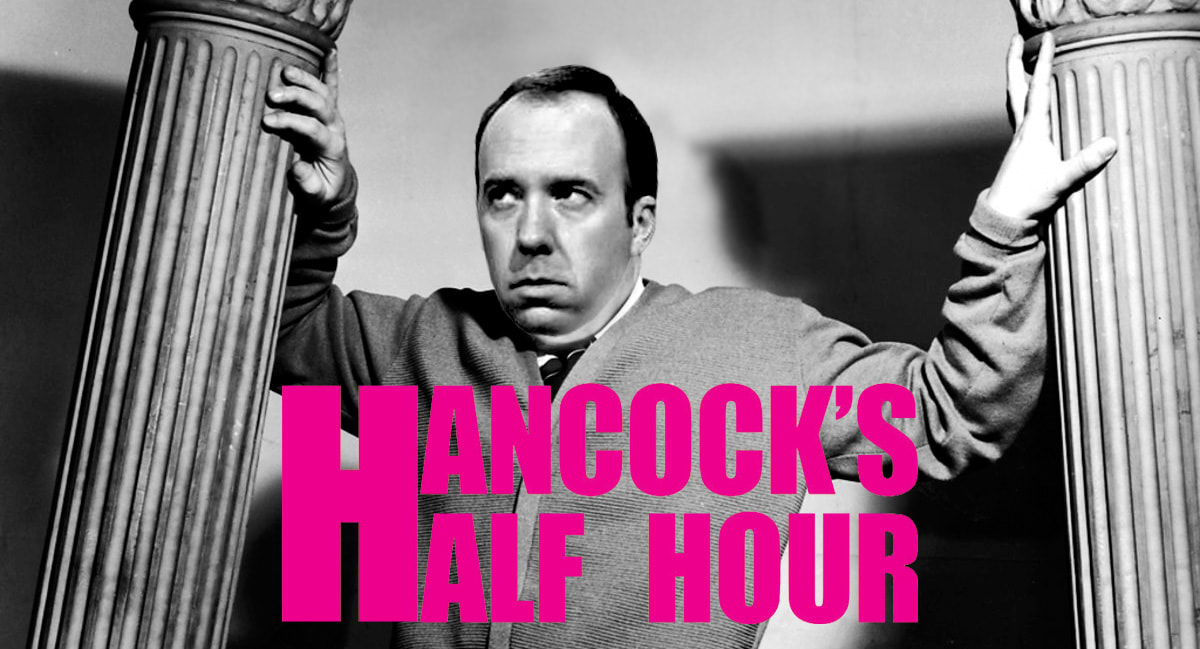




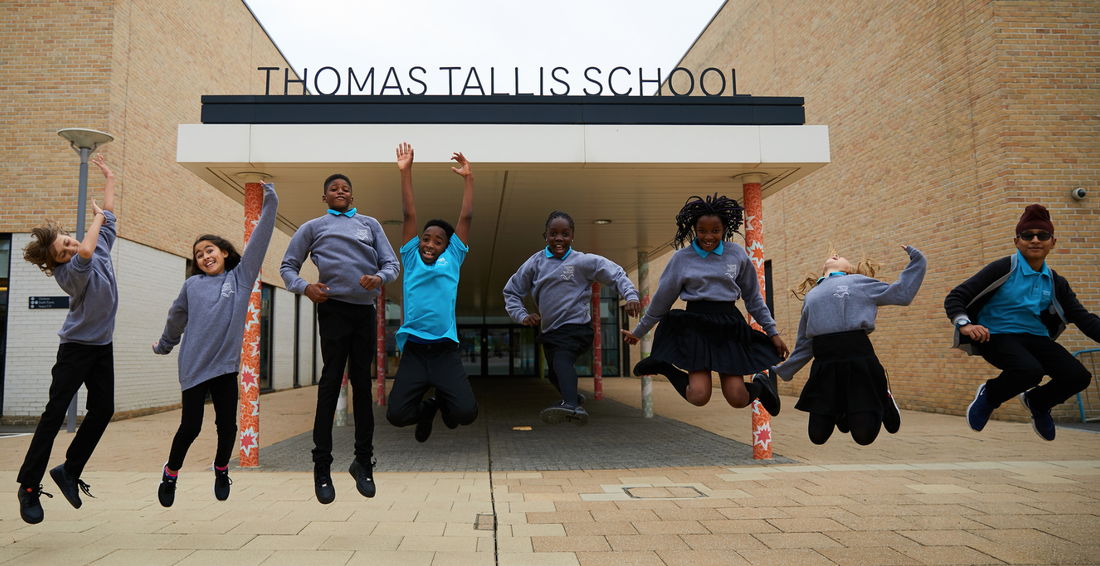
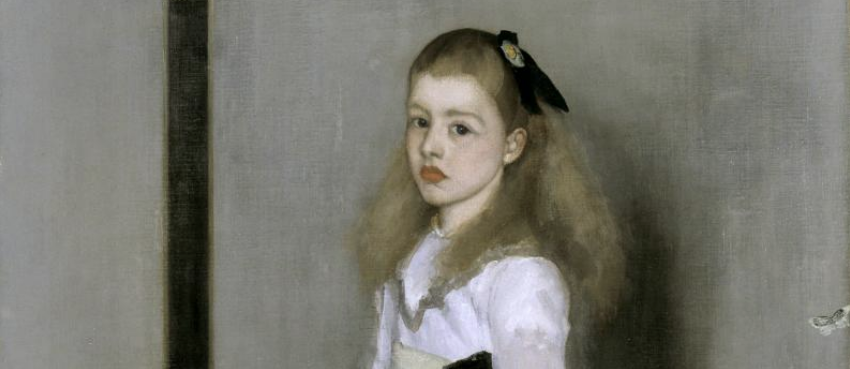

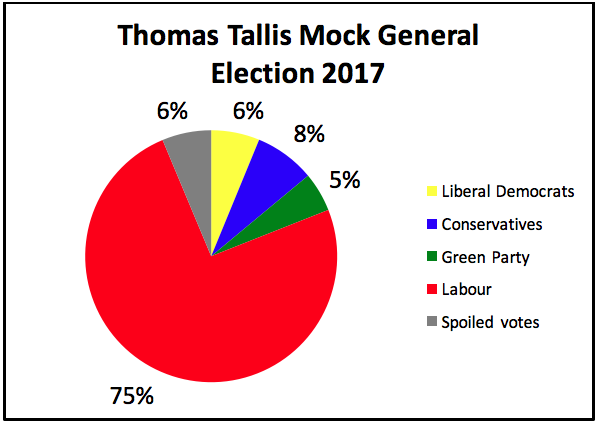
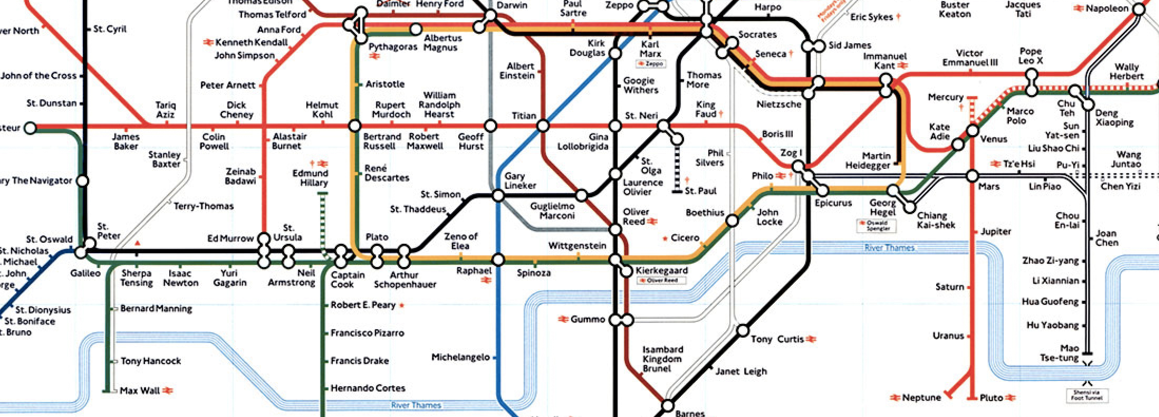

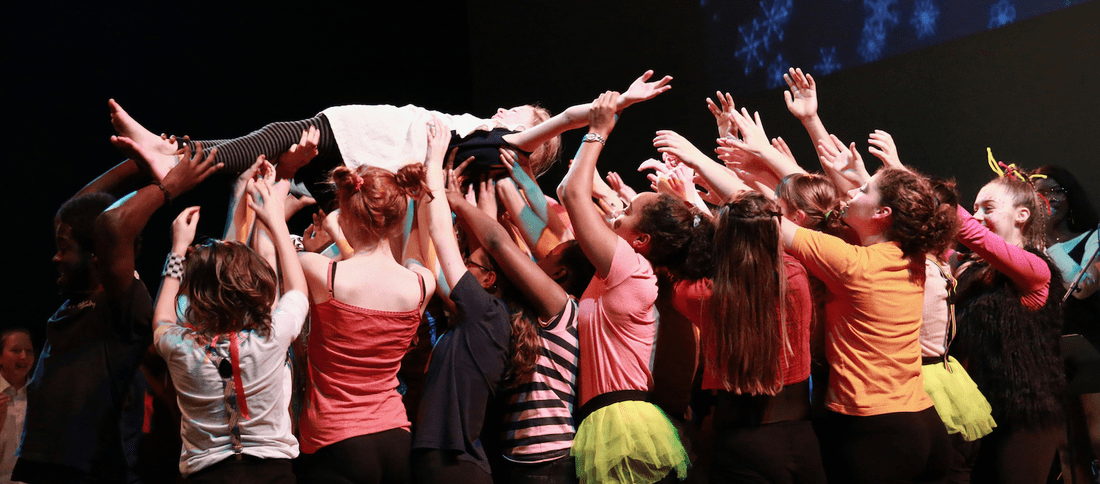




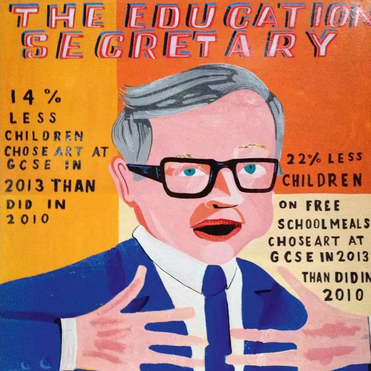

 RSS Feed
RSS Feed